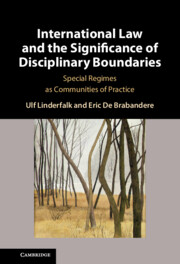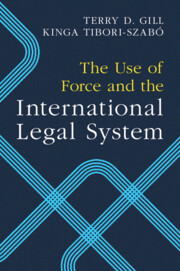The chief aim of this article is to unearth, explicate, and contextualize the various techniques on which Mahmut Esat, Turkey's agent before the Permanent Court of International Justice in the Lotus case, drew in order to narrate a fresh understanding of Turkish ‘nationhood’ during a period of intense vulnerability for the newly established Republic. The argument advanced by Turkey in this case – that it need not demonstrate the existence of a specific jurisdictional exception in international law in order to proceed with its prosecution of the French captain of the Lotus, a French vessel – has often been dismissed as an example of cynical apologetics. Nevertheless, a close reading of Turkey's pleadings reveals that it was inclined to oscillate between a variety of universalistic and particularistic approaches, Esat litigating the Lotus with an eye to exploiting the schism that lies at the heart of the concept of ‘civilization’ so as to submit Turkey to the normative authority of the international legal system while bolstering its positive power as an independent sovereign state. More specifically, it was by merging two modes of reasoning – the one prizing systematicity, the other prioritizing sovereignty – that Esat sought to construct a new, robustly reconciliatory identity for the ‘Turkish nation’, one that would enable it to embrace its commitment to international order by securing its place in ‘la civilisation contemporaine’ while amplifying the ambit of its autonomy as ‘un état civilisé’.

